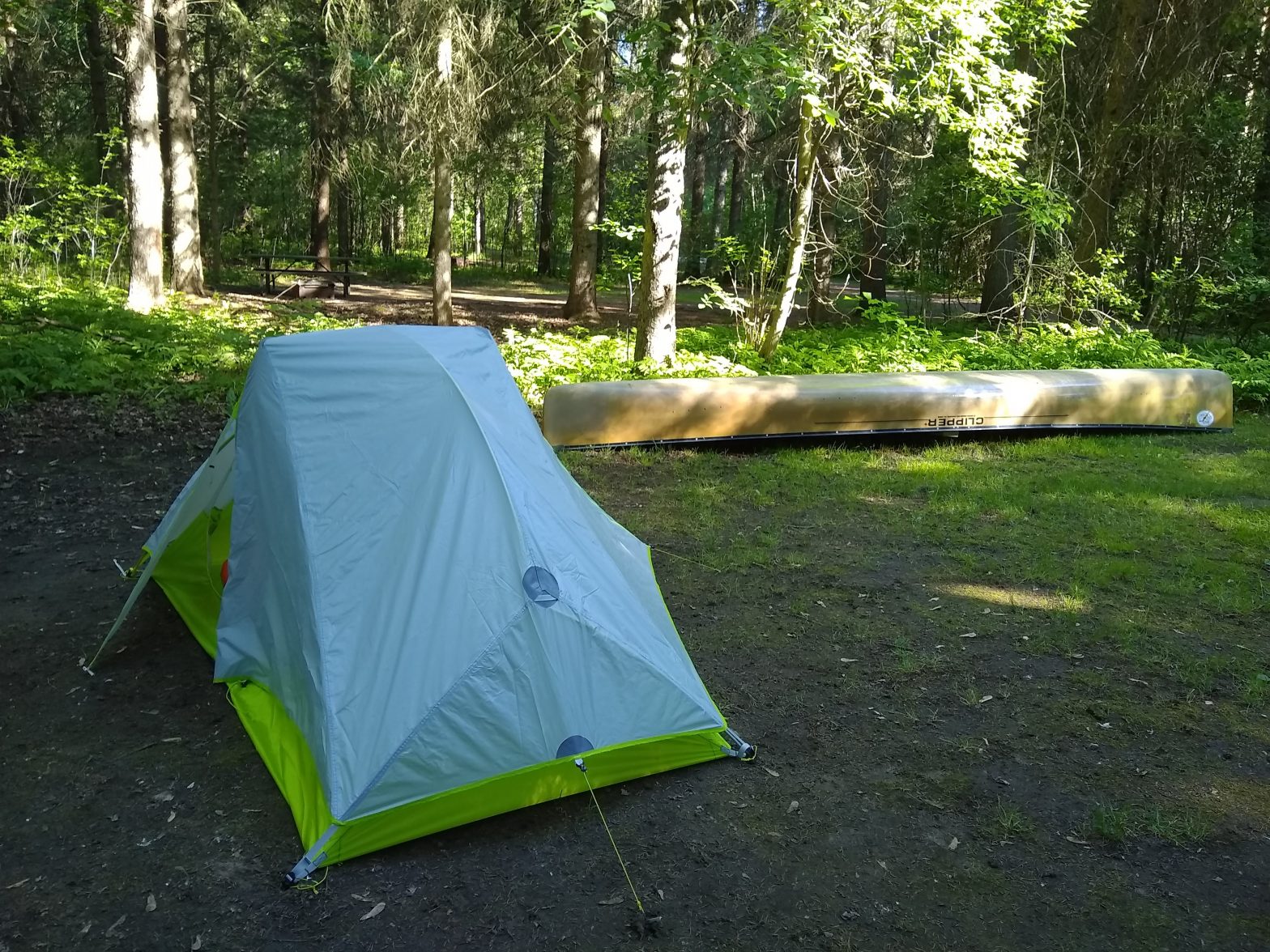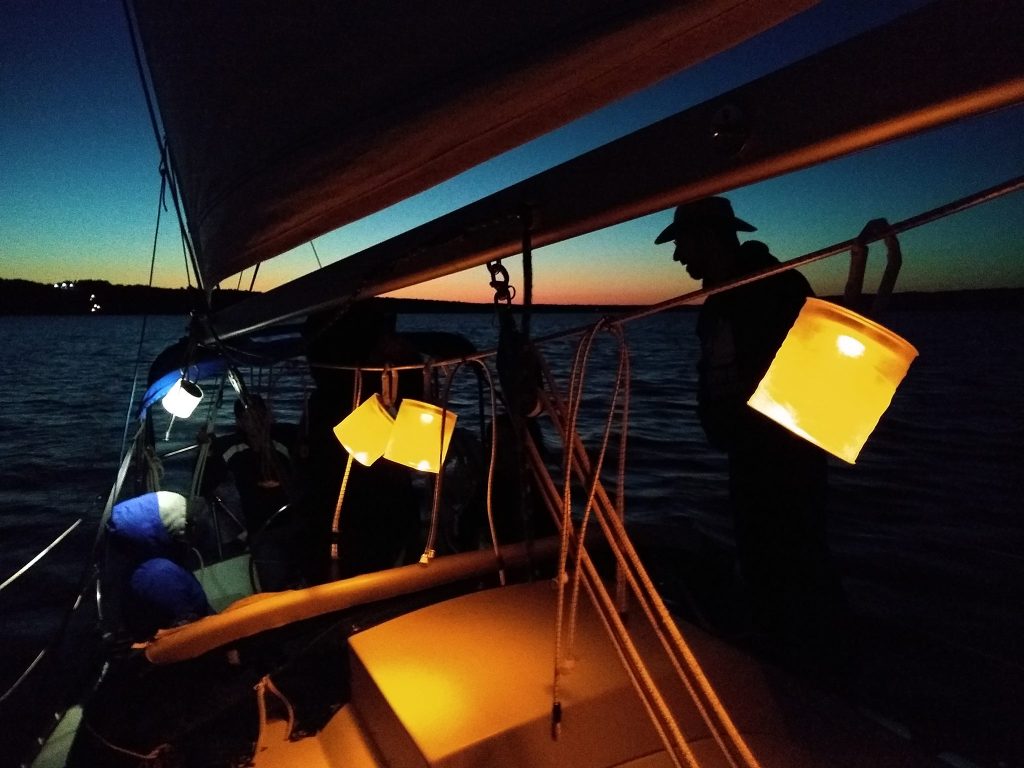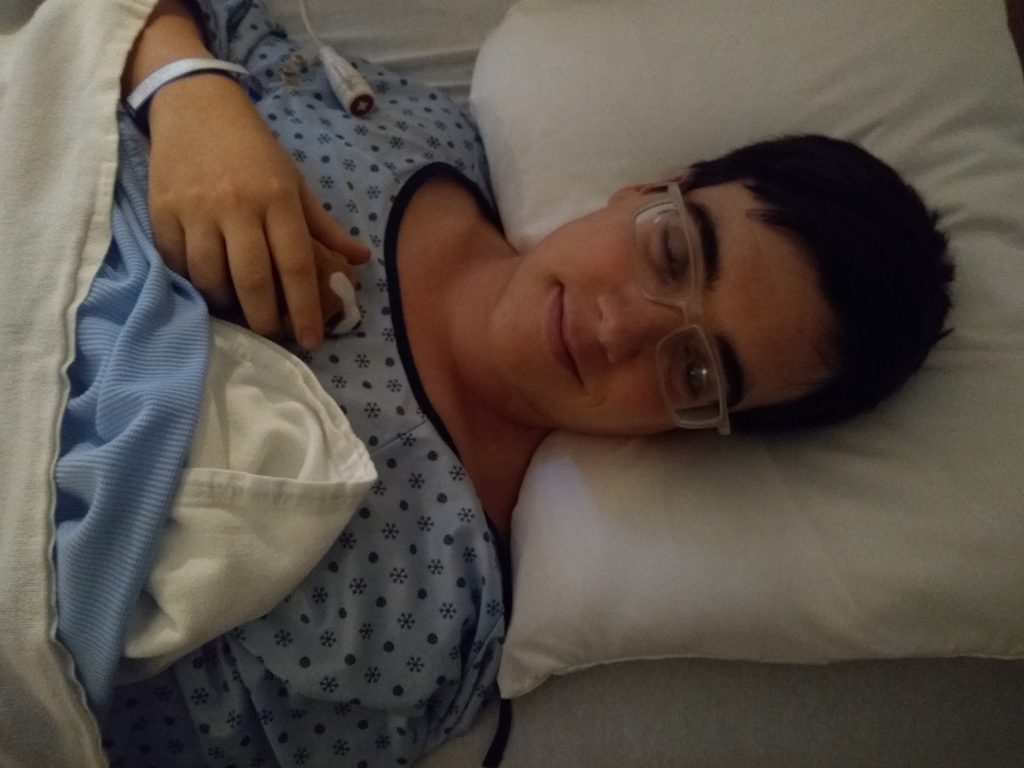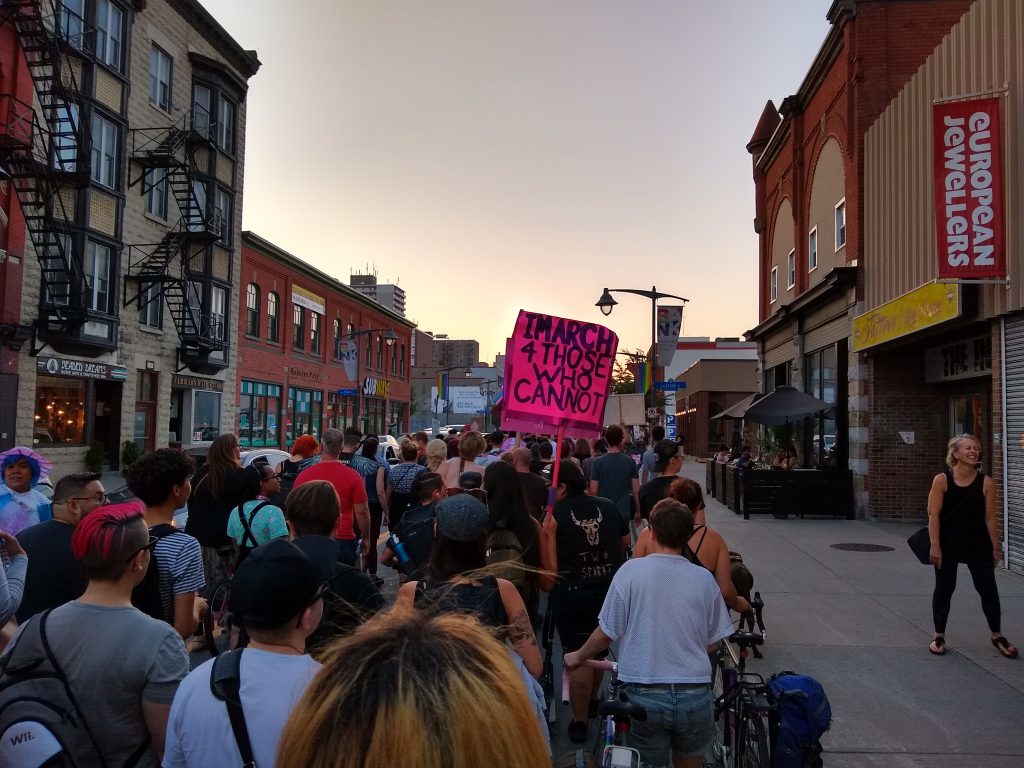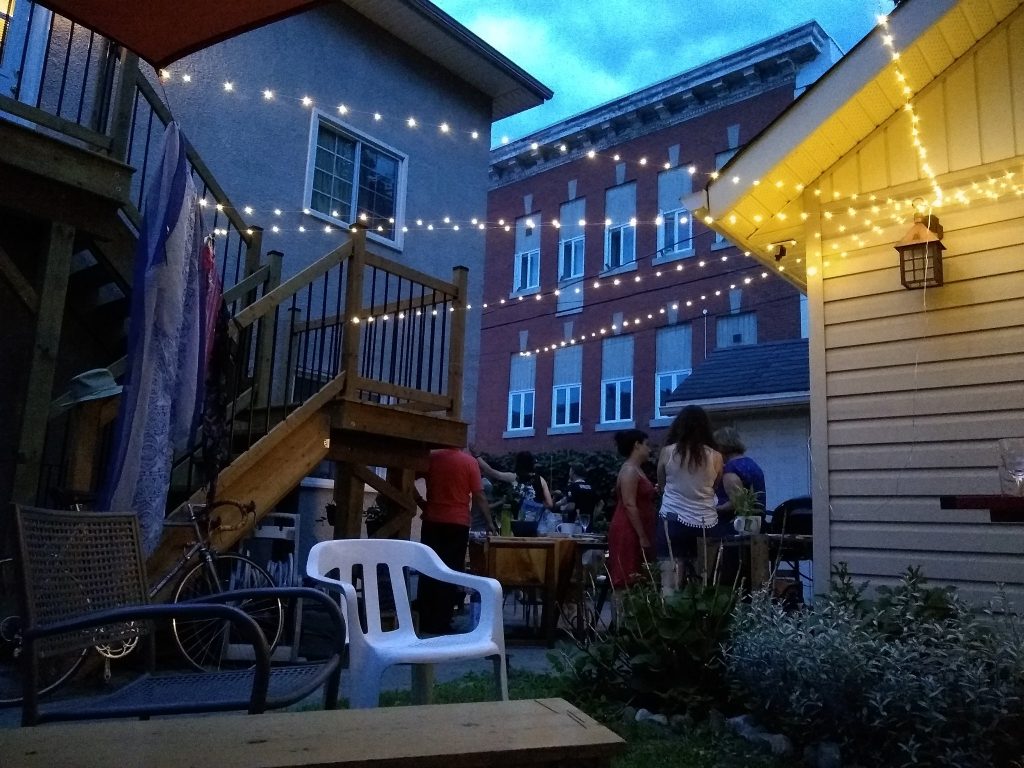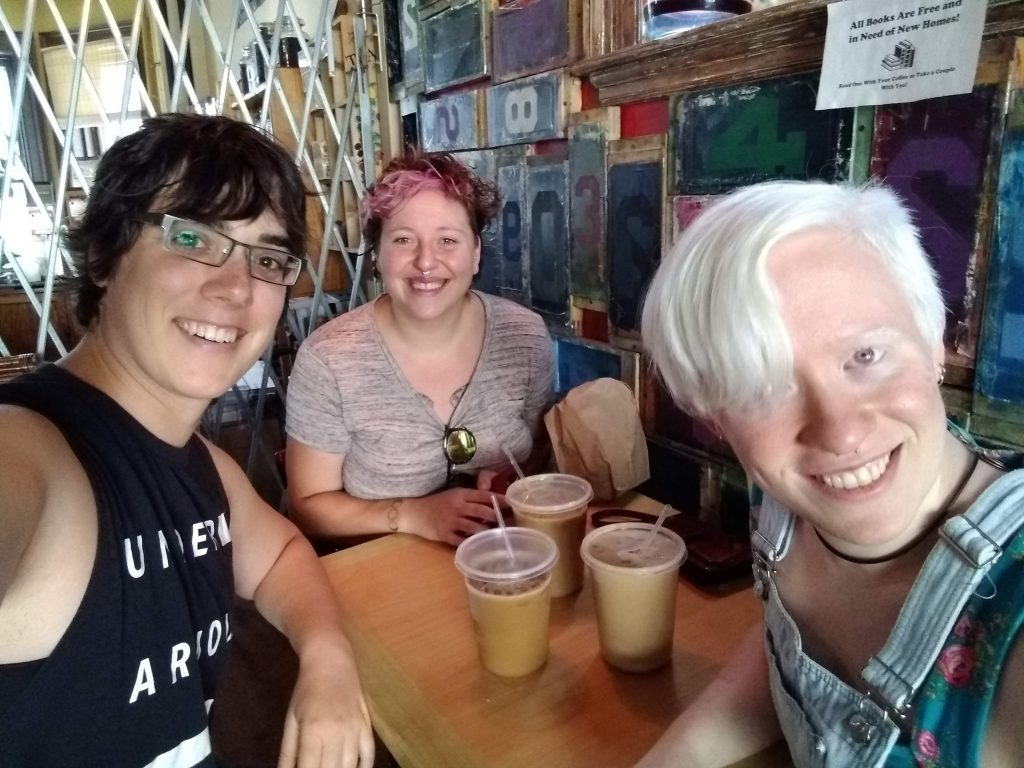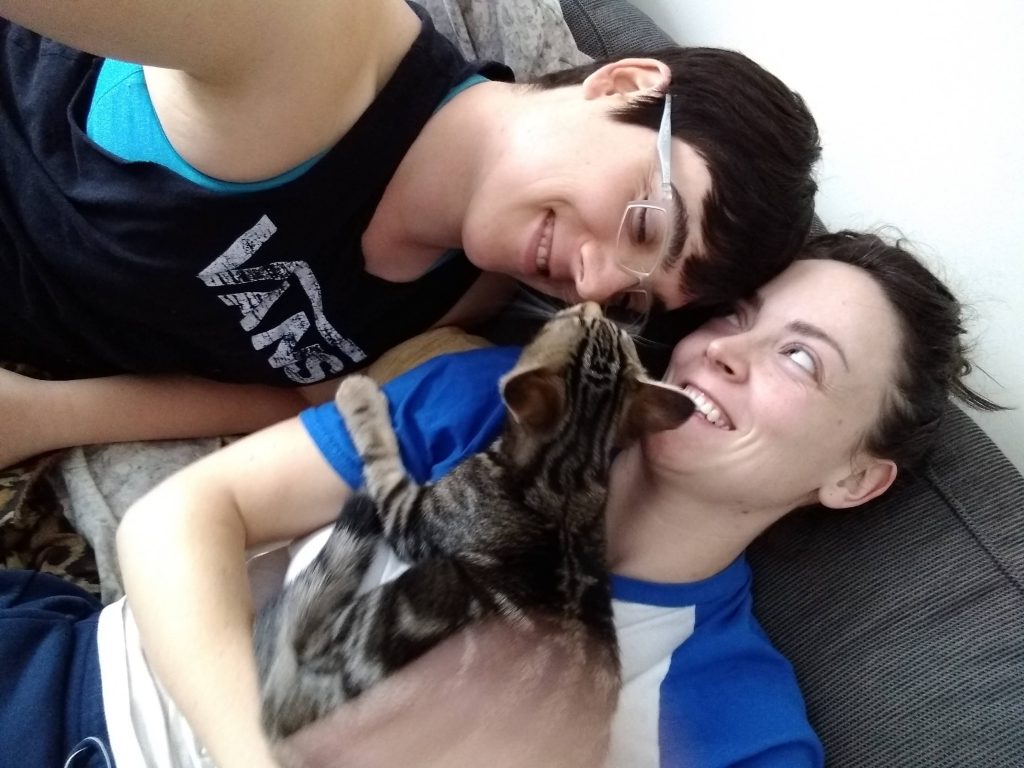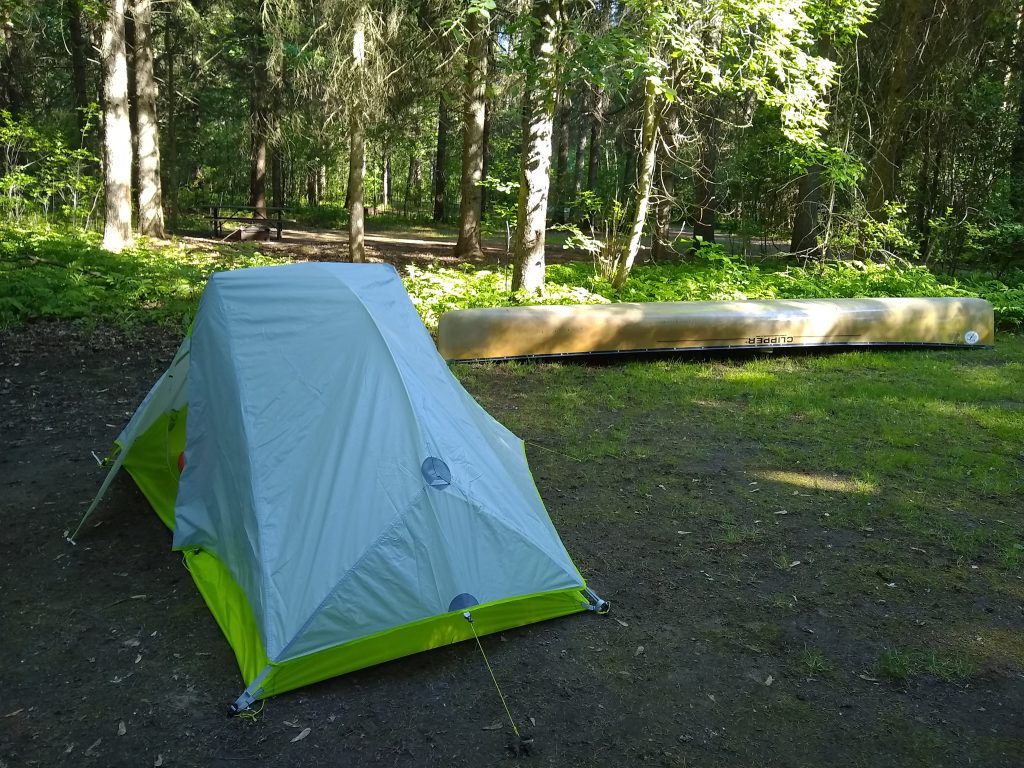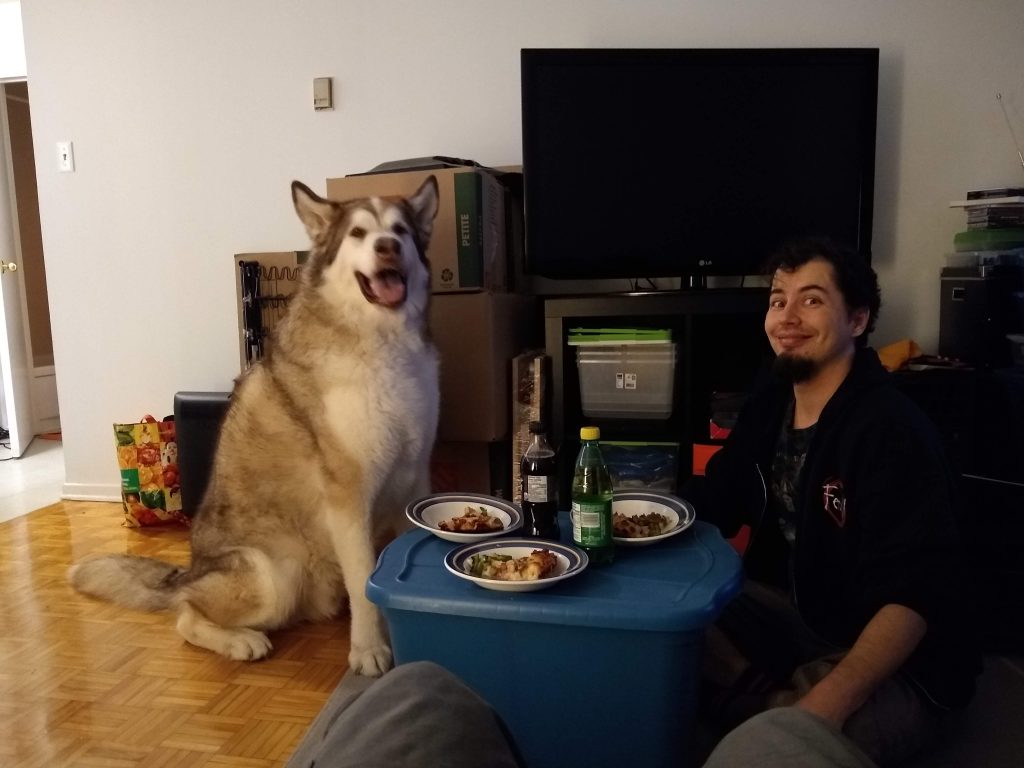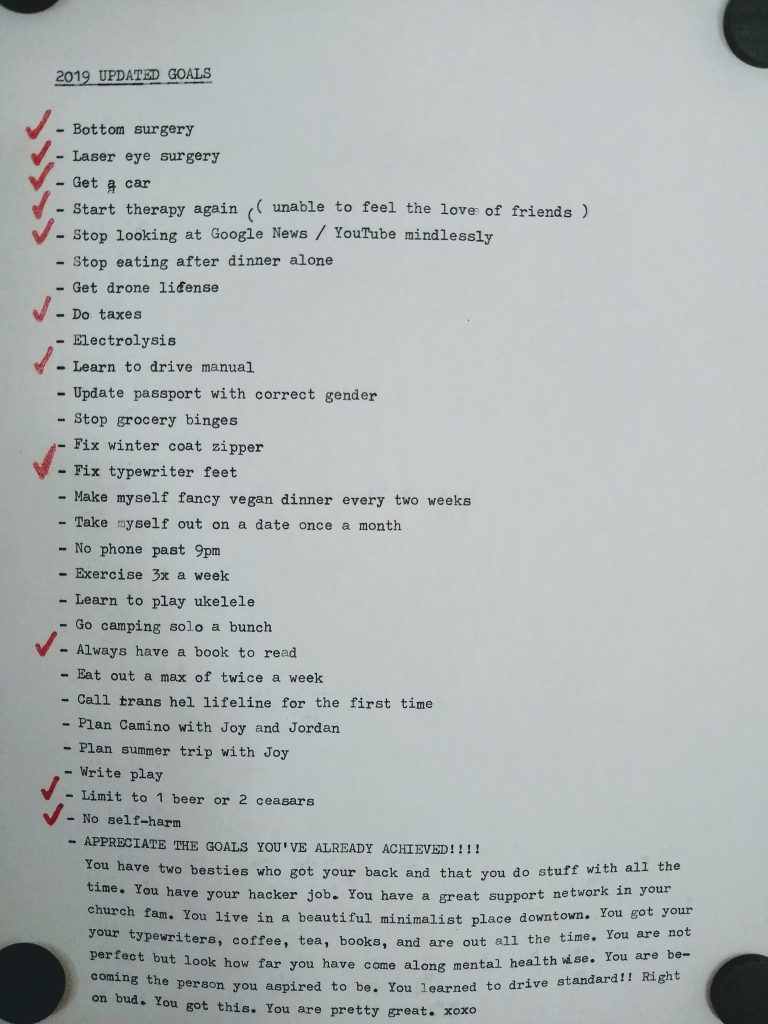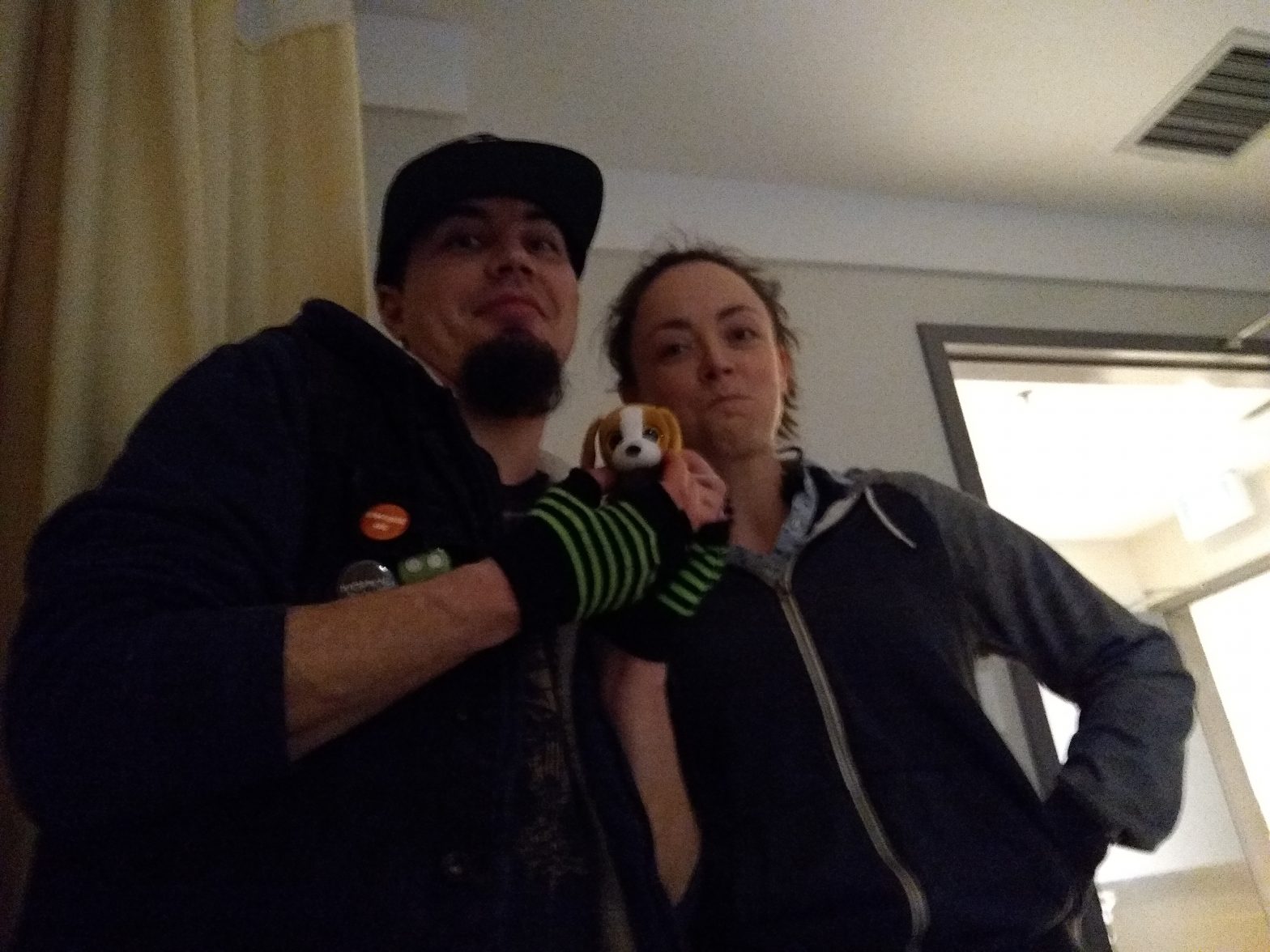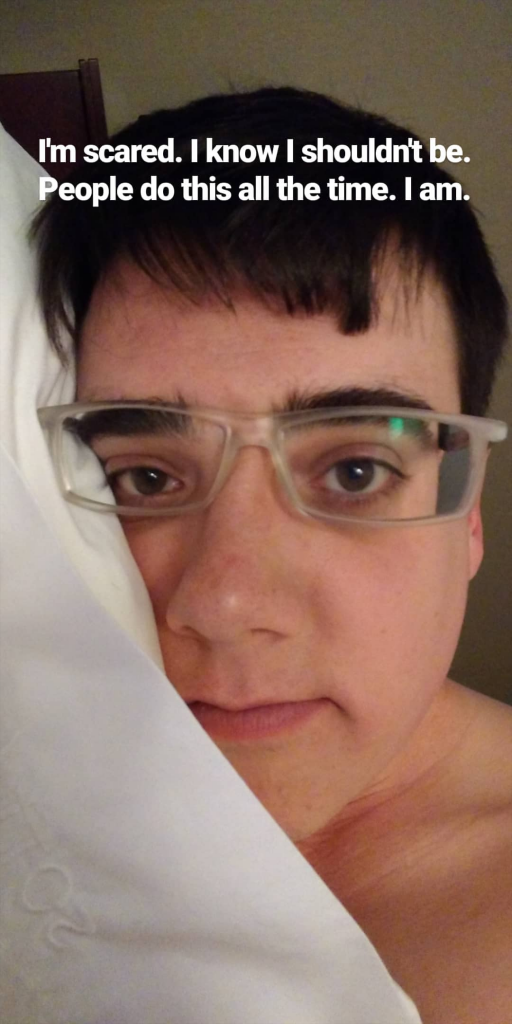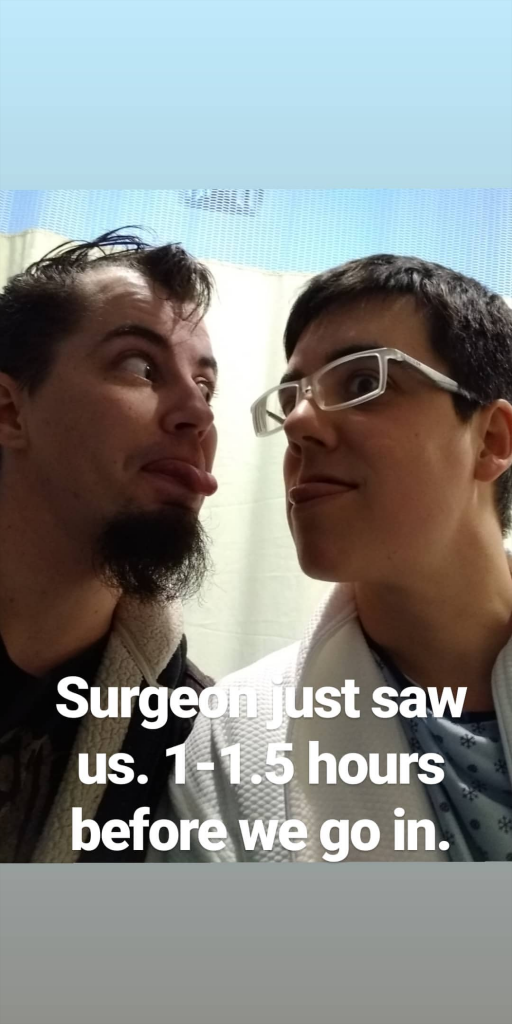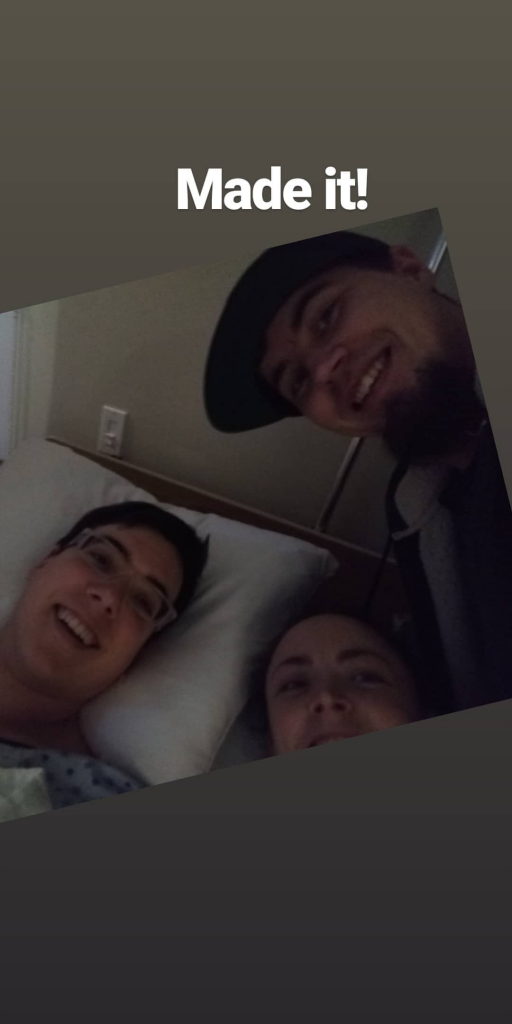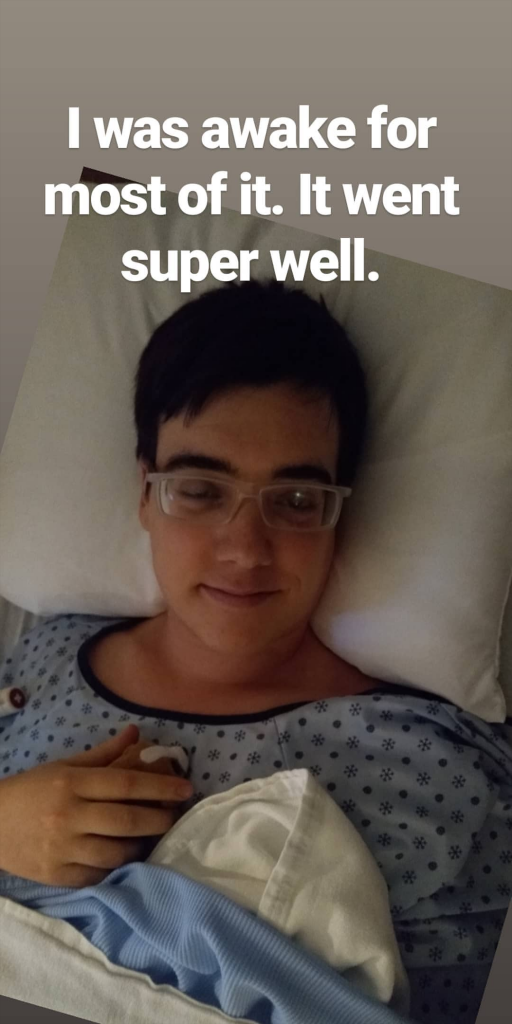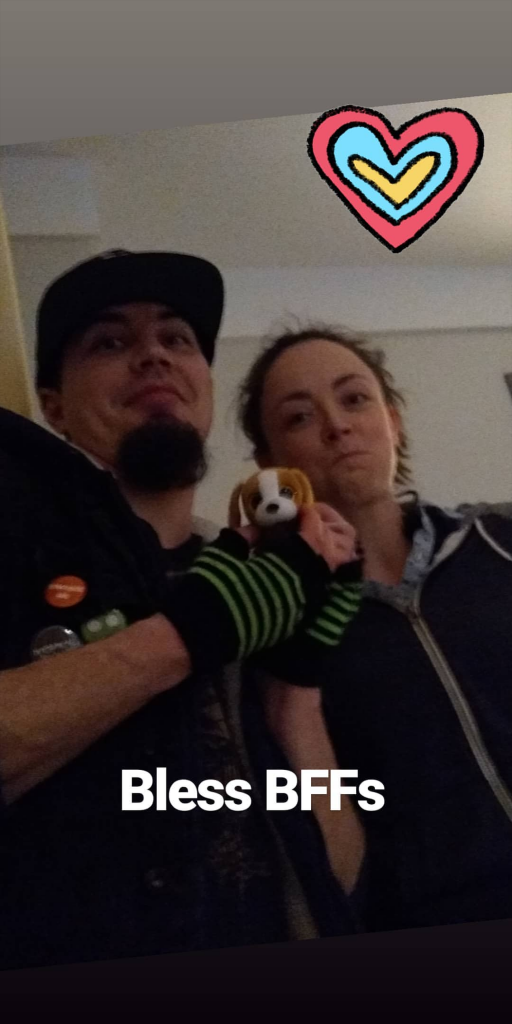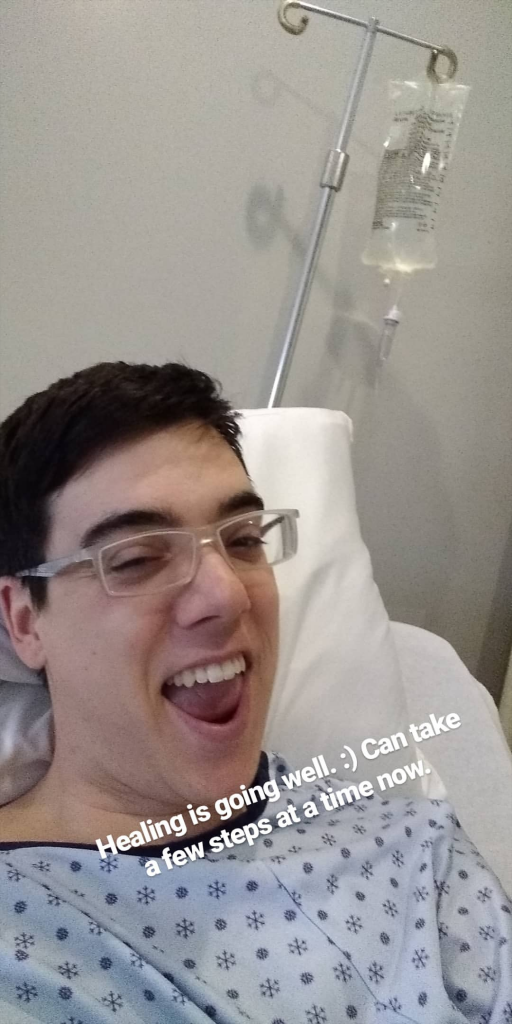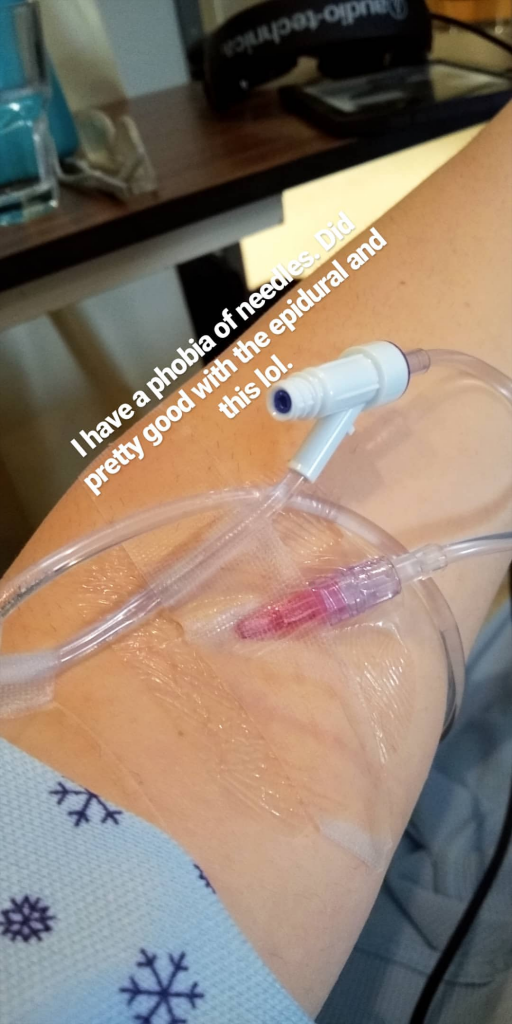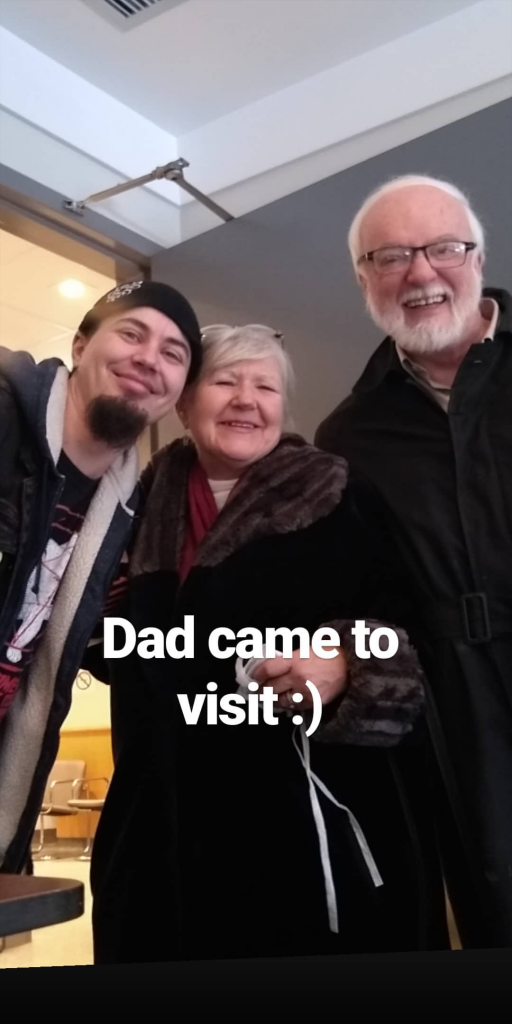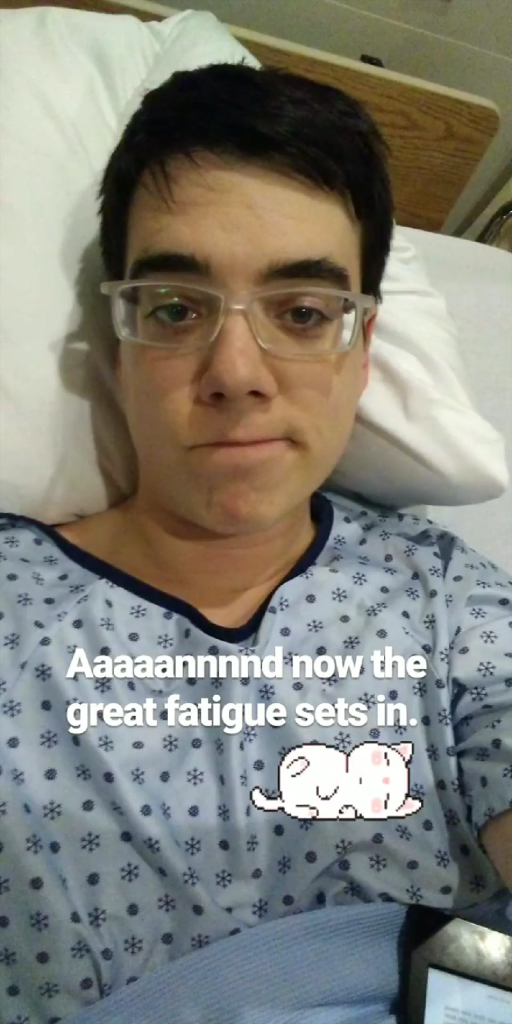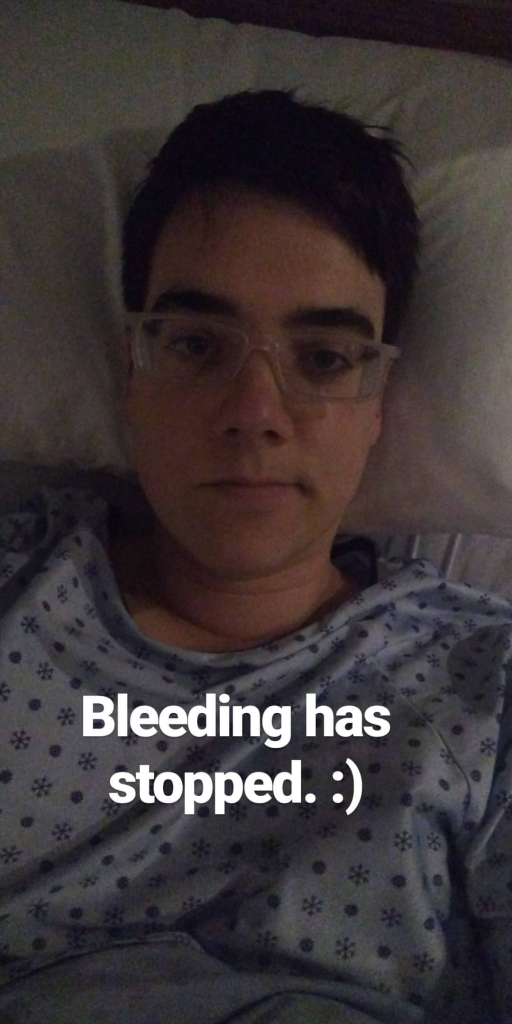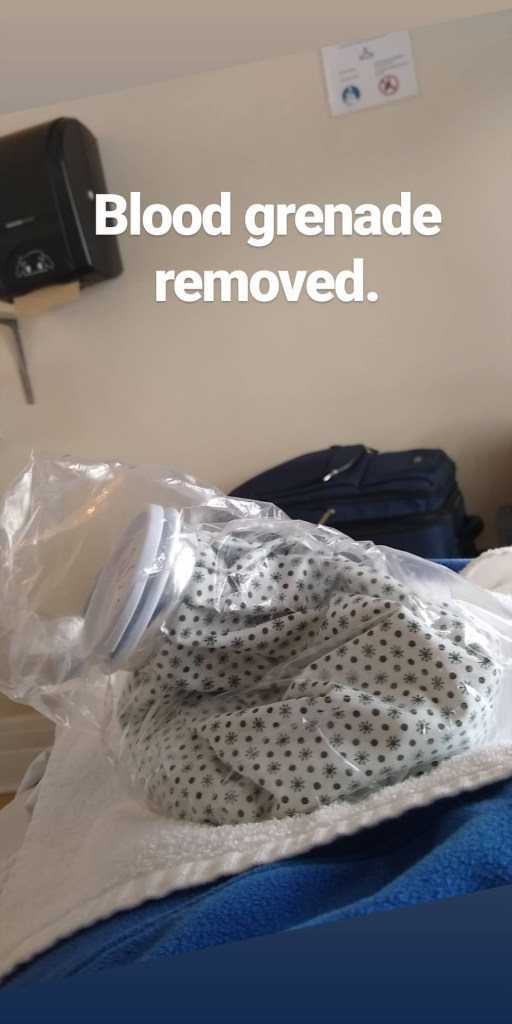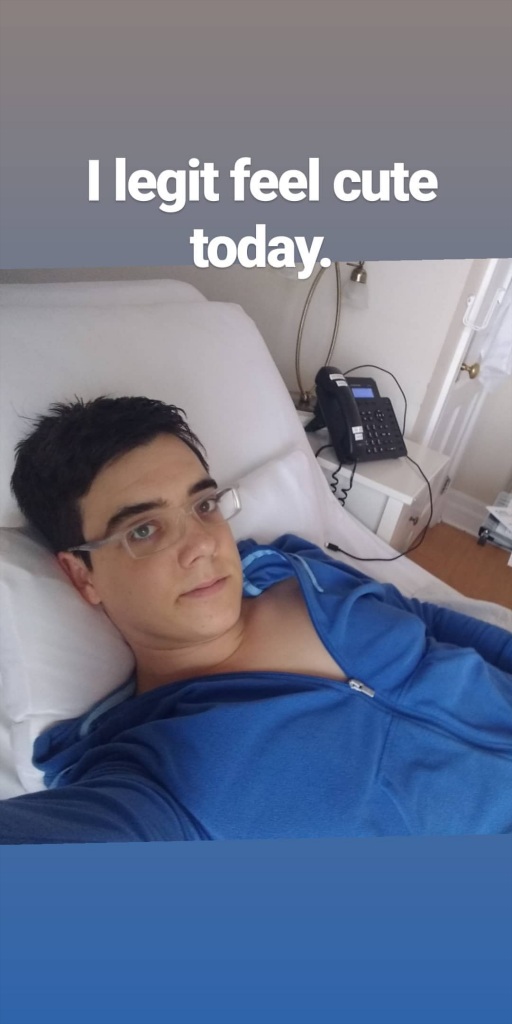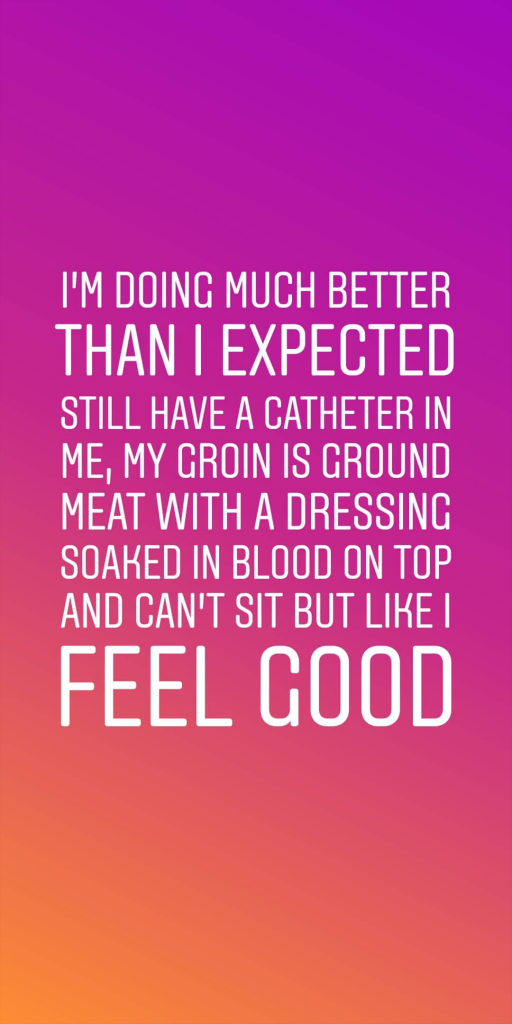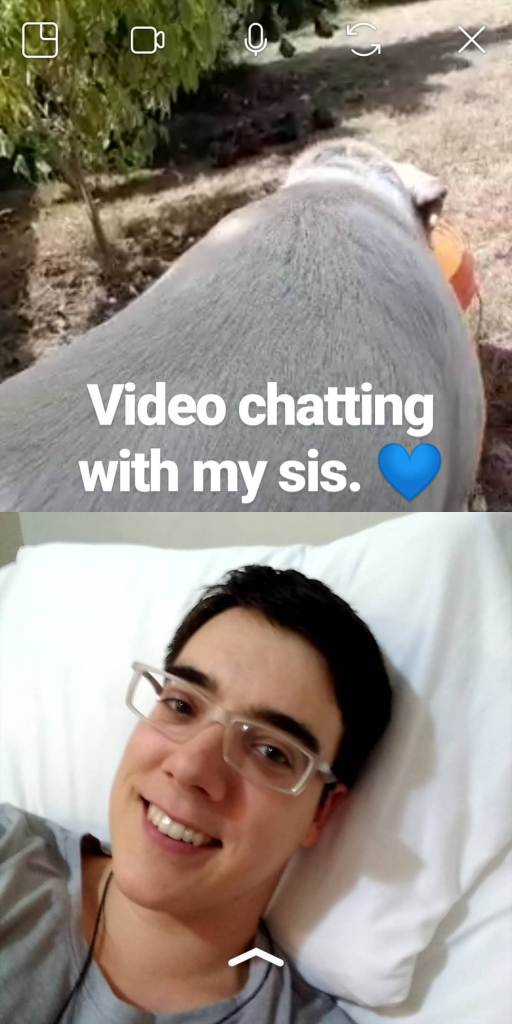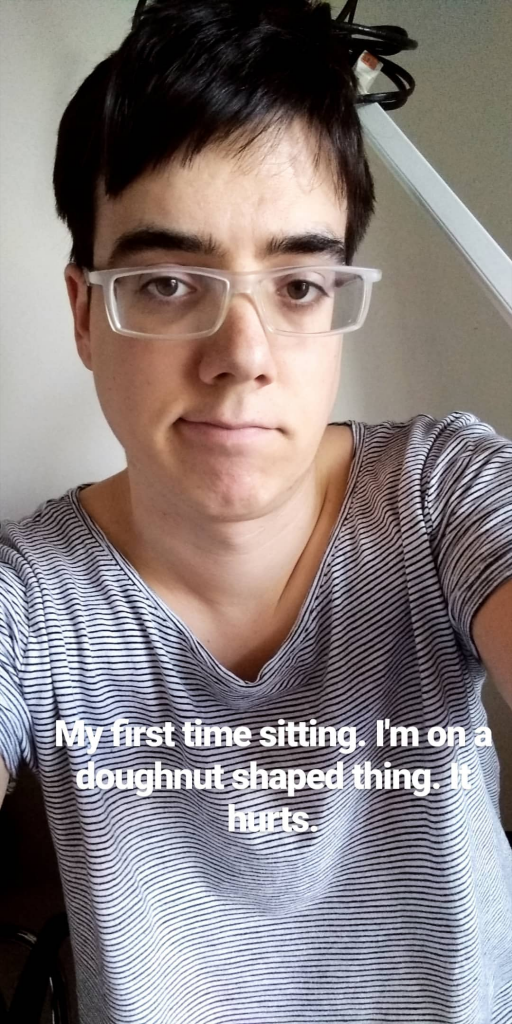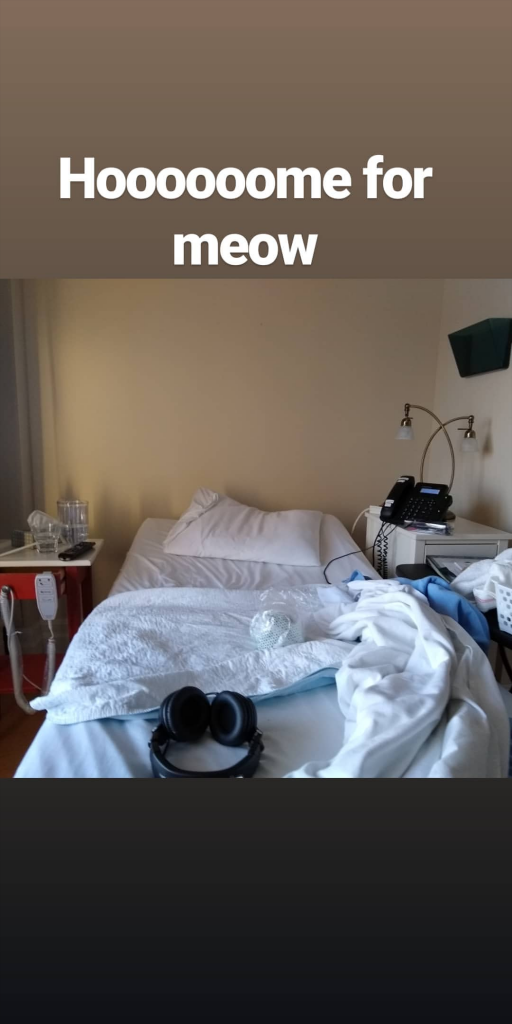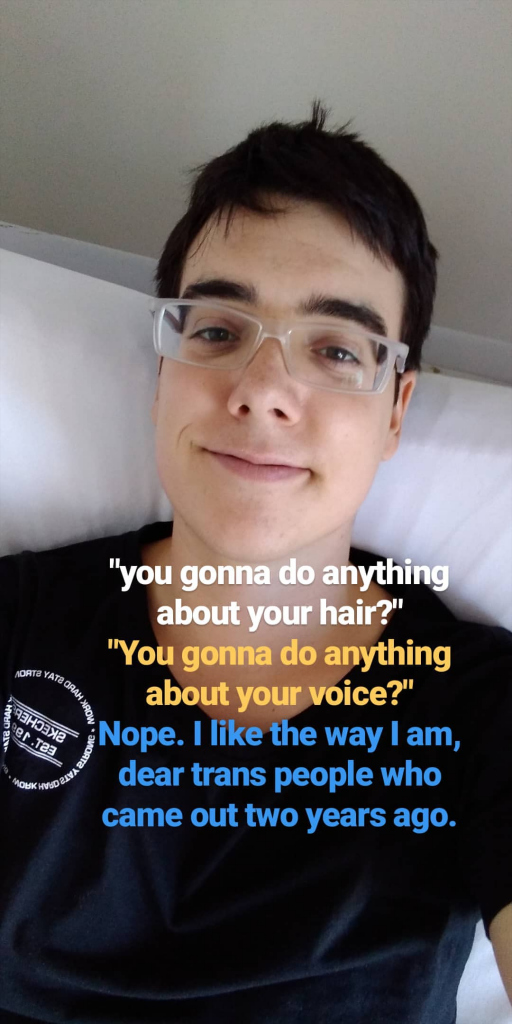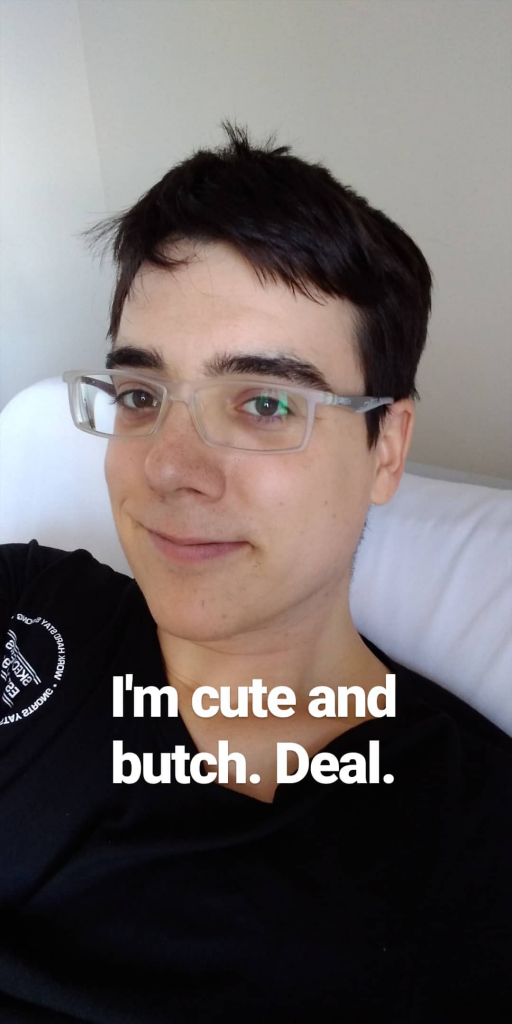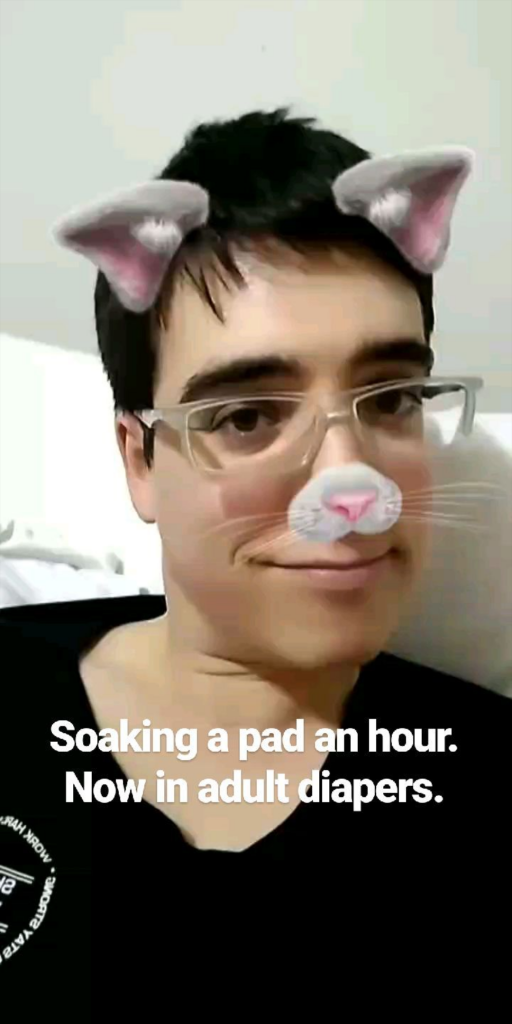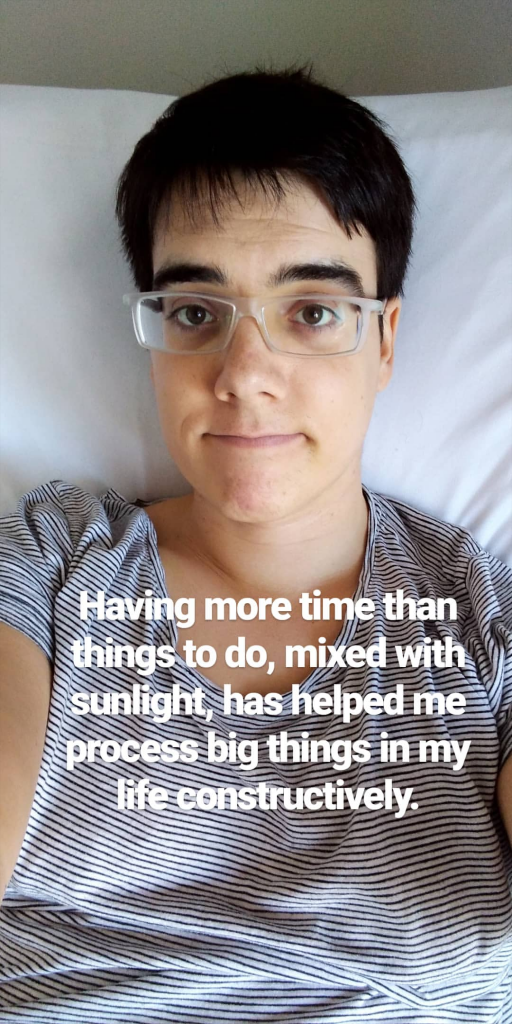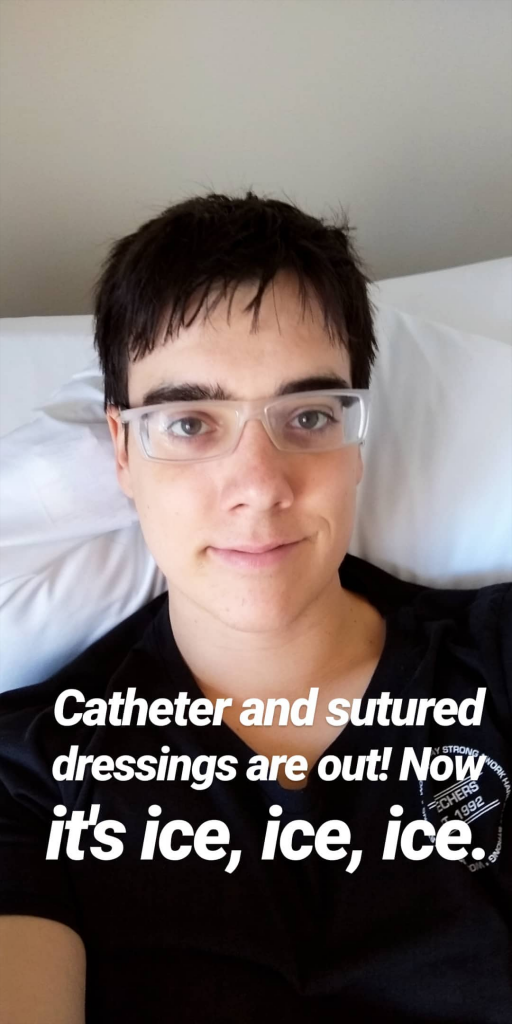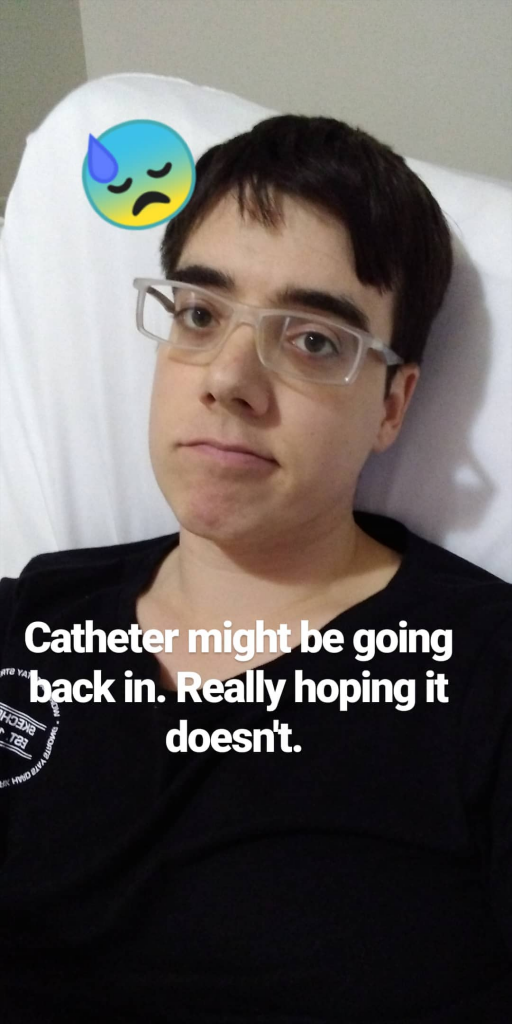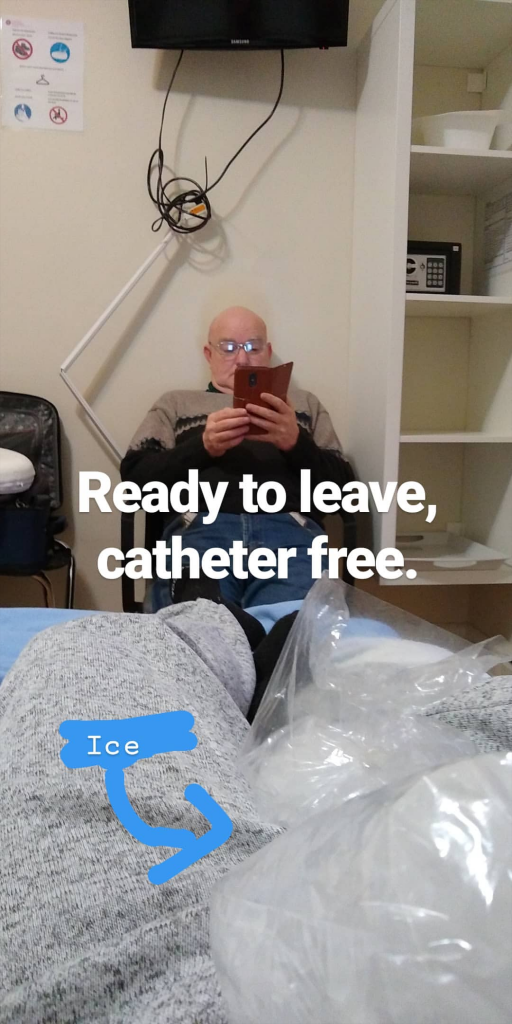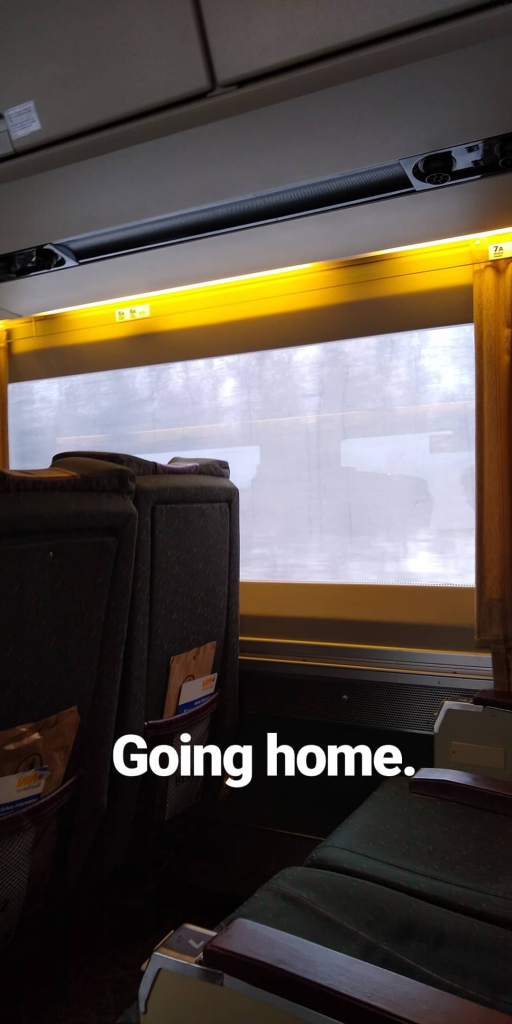June is Pride month, and both federal conservative leaders in Canada and the US have used this as an opportunity to claim support for LGBT/LGBTQ people.
The spokesman for Conservative leader Andrew Scheer stated this week:
“Canada’s Conservatives have a proud history of fighting for the rights and protection of all Canadians, including those in the LGBTQ community, at home and abroad. There are many ways to support these communities, and it is vital that the rights all Canadians are protected regardless of race, gender or sexual preference,” said Scheer spokesman Daniel Schow.
Likewise, US President Trump’s official Twitter account had the following message this week:
As we celebrate LGBT Pride Month and recognize the outstanding contributions LGBT people have made to our great Nation, let us also stand in solidarity with the many LGBT people who live in dozens of countries worldwide that punish, imprison, or even execute individuals on the basis of their sexual orientation. My Administration has launched a global campaign to decriminalize homosexuality and invite all nations to join us in this effort!
Both assert they support these communities, yet their actions speak differently. For the Conservatives in Canada:
- 2005: Almost all Conservatives vote against legalizing same-sex marriage. This includes Scheer.
- 2010: Almost all Conservatrives vote against adding gender identity and gender expression to the Canadian Human Rights Act with Bill C-389. This include Scheer.
- 2011: Almost all Conservatives vote against adding gender identity and gender expression to the Canadian Human Rights Act with Bill C-389. Scheer does not vote.
- 2012: Almost all Conservatives vote against adding gender identity and gender expression to the Canadian Human Rights Act with Bill C-279. Scheer does not vote.
- 2013: Almost all Conservatives vote against adding gender identity and gender expression to the Canadian Human Rights Act with Bill C-279. Scheer does not vote.
- 2015: Conservatives in the Senate successfully kill Bill C-279.
- 2016: Conservatives including Scheer vote against adding gender identity and gender expression to the Canadian Human Rights Act with Bill C-16.
- 2017: Bill C-16 passes despite Conservative attempts to kill it. Scheer is silent on whether he’d repeal the law and suggests advocates for these rights are intolerant.
Meanwhile, Trump has his own dismal record:
- 2017: Removes guidance protecting trans students under Title IX.
- 2017: Justice Department abandons its lawsuit against North Carolina’s anti-trans law.
- 2017: Trump announces on Twitter he’ll ban all trans people from serving in the military.
- 2017: Staff at the Centers for Disease Control and Prevention are instructed not to use the word “transgender”.
- 2018: Department of Health and Human Service propose a rule to encourage medical providers to deny service on the grounds of religious freedom. This is coded language for denying service to women, gay, and trans individuals.
- 2018: Bureau of Prisons roll back protections for trans inmates.
- 2018: Department of Labor releases a new directive no longer requiring federal contractors to comply with nondiscrimination laws on the grounds of religious freedom. This is coded language for denying service to women, gay, and trans individuals.
- 2019: Department of Health allows adoption and foster agencies in South Carolina to discriminate against LGBT caregivers.
- 2019: Ban on trans service members goes into effect.
- 2019: Trump announces opposition to Equality Act, which would add protections for LGBTQ Americans and others.
- 2019: Department of Health and Human Services proposes a rule that would remove all recognition of all nondiscrimination laws intended to protect trans individuals.
So what’s going on here? The hint can be found in the message on Trump’s official Twitter account focusing on abroad. The same is true of Scheer, with his spokesperson explaining:
Schow pointed out more-recent examples of Scheer’s advocacy for members of the community. In June 2017 Scheer moved a motion in the House of Commons that, among other things, condemned the actions of Vladimir Putin’s Russian government against LGBTQ individuals.
The Canadian and US government use human rights as a tool against countries that undermine their foreign policy objectives. This is why the Canadian and US governments vocally criticize Iran on the basis of human rights, but are quiet on more repressive Saudi Arabia. Since gay rights is fashionable, they’re using that. There’s a word for this: homonationalism.
These conservative leaders do not recognize their role in encouraging prejudice in their home countries. For them discrimination is a thing of the distant past, or that happens in isolated incidents, or that occurs abroad, or in the case of transphobia – is seen as just. Scheer had an opportunity to confront his party’s opposition to these rights. It would have been a moment of humility and introspection, acknowledging how good people ended up advocating to hurt so many. Such a party would be less likely to advocate against the rights of minorities in the future.
Scheer has chosen not to take these hard steps, and instead misrepresent recent history as one in which the Conservative party supported the rights of sexual and gender diverse people. Now he’s using the same individuals he publicly maligned for years as a tool to promote his foreign policy. An entirely expected, but nonetheless unfortunate, development.
Addendum
The day I wrote this article, Trump went on the airwaves and defended his purge of transgender service members with multiple falsehoods around drugs and surgeries. The next day, it surfaced that the Trump administration was prohibiting pride flag to fly on embassy flagpoles in a reversal of the previous administration’s policy:
The denial to the U.S. Embassy in Berlin is particularly jarring because the ambassador to Germany, Richard Grenell, is spearheading an administration push to end the criminalization of homosexuality in roughly 70 countries that still outlaw it, as NBC News first reported in February. Grenell, the most senior openly gay person in Trump’s administration, has secured support for that campaign from both Trump and Vice President Mike Pence.
The purported support of LGBT rights abroad is not genuine for neither Trump nor Scheer.
